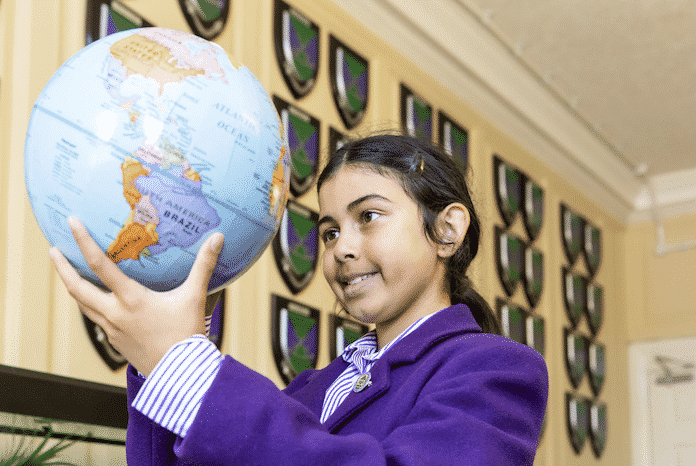Jon Gray, Headmaster of York House School in Hertfordshire, discusses the impact and importance of including what he calls ‘Type Two Fun’ in young people’s education
The word ‘adventure’ conjures up all kinds of imaginative thoughts from mountains and sea kayaking to building shelters and lighting campfires. All are splendid examples of what some might call ‘Type Two Fun’. Type One Fun for a child might be sitting under a duvet, playing on a games console. It is fun, for sure, but it isn’t particularly memorable. Ironically, Type Two Fun is sometimes not fun at all at the time. It could mean climbing a mountain in gale-force winds. The interesting thing is, when you ask a pupil a week or two later what the experience was like, they answer: “It was wicked! I’ll never forget that day”.

Adventure can also be delivered in the classroom through magical experiments, storytelling or role play. Adventure conveys ideas of both exploration and the unknown, which can form part of every area of academic study – the build, the lull, the shock, the pause, the reveal. Using the curriculum to encourage children to appreciate the value and joy in science, sport, art, music, drama and outdoor education, will help them to enjoy and experience adventure, as will co-curricular activities.
It is fascinating how outdoor experiences are memorable, from an adventure-led perspective, in a way that indoor ones are not. I ask every teacher, outside of the very worst weather months of the year, to take at least one lesson outside each week. We have created an outdoor classroom to give those who like seats and a familiar structure, a base. The vast majority of teachers soon discover that there is not just joy and variety out there, but also meaningful and memorable educational experiences.
“Adventure can absolutely form part of every area of academic study – the build, the lull, the shock, the pause, the reveal”
The maths teacher who takes a class into the woods and asks them to form 2D shapes using sticks on the ground will find the children, months later, still have a perfect recall of that lesson. While it is important to ‘scaffold’ adventurous experiences and ensure that the teaching is robust, includes assessment and produces evidence of progress, we must also allow lessons to be broadened and even diverted by something that happens in the moment. It could make the whole session far more interesting.
If you can put in place the right supervision, protection and training, there is very little you cannot do. Our Outdoor Education Exceptional Performers group holds a ‘camp out’ in January and it is risk assessed to go ahead down to temperatures of -3 degrees. Potential control measures include hot drinks, extra bedding, more time in the shelter of woodland if winds are fierce. Pupils and parents value the fact that these are experiences beyond the norm.
The more you look at the ideas behind these adventures in education – and, indeed, in Type Two Fun – the more you want to ask, “If education is not adventurous …why not?” Children deserve joy, wonder and delight and the child who is enjoying a truly broad, adventurous curriculum will, by happy coincidence, also be doing their very best at school.
York House School york-house.com
Further reading: Journals and games to help children express their feelings
You may also like...























